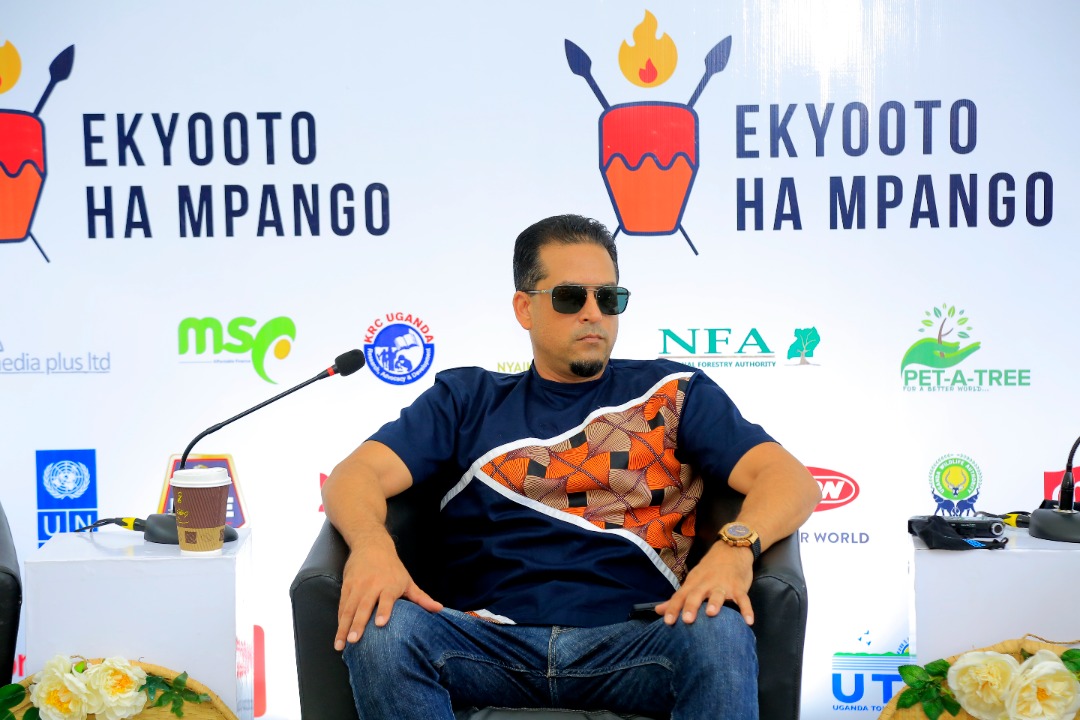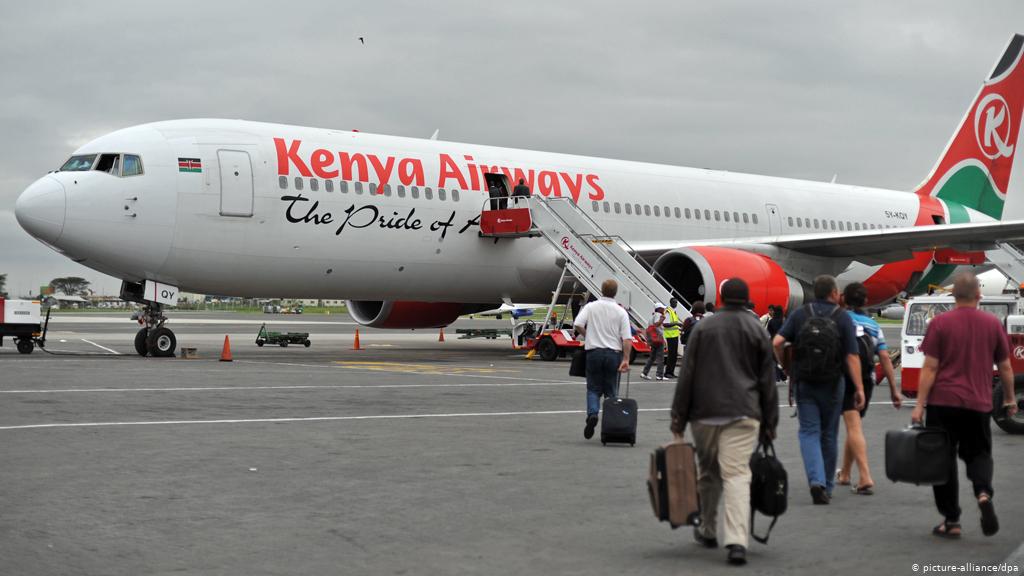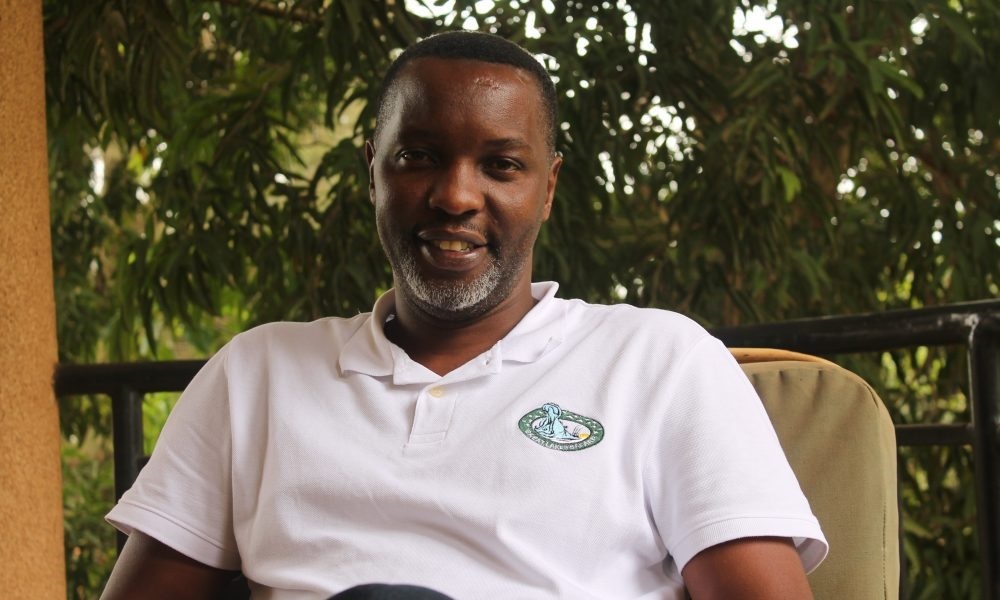Uganda on Saturday received a Consignment of Artifacts from Cambridge University, United Kingdom.
These cultural items such as drums among others were exported in the early 1920s. These will be placed at the Uganda Museum after the completion of curating and these come at a time when Uganda is repositioning the Uganda Museum.

In an unprecedented move to restore cultural heritage, the University of Michigan’s Professor Derek Peterson (History, Afro-American & African Studies) will lead the “Repositioning the Uganda Museum” project. This initiative recently awarded a $100,000 grant from The Andrew W. Mellon Foundation, aims to repatriate artifacts from the University of Cambridge Museum of Archaeology and Anthropology (MAA) to the Uganda Museum in Kampala.
The project involves selecting a set of artifacts from the Cambridge museum, repatriating them to Uganda, conducting thorough research on their history and provenance, and exhibiting them at the Uganda Museum, East Africa’s oldest museum. Makerere University graduate students will play a crucial role in assisting with the research.
“We want to put these objects back into the hands of people who made them meaningful,” said Peterson. “We want them to live again, not only as museum pieces but as part of Uganda’s public culture.”
“Repositioning the Uganda Museum” will focus on repatriating several dozen artifacts, a small subset of the hundreds of thousands taken from Africa during the colonial era. The project’s broader goal is to establish guidelines for future repatriation efforts, encompassing research, provenance, exhibition, storage, training, and programming. This sustainable model could potentially be adopted by other African museums.
Rose Mwanja Nkaale, Uganda’s commissioner for museums and monuments, expressed her enthusiasm: “Uganda is looking forward to this grant, the first of its kind towards restitution.”
She added that bringing these items back and attracting people from the diaspora to view them on the continent will help people come to terms with their collective memory, celebrate their rich histories and identities, and pass these stories on to future generations.
“These objects have been dislocated both in space and in time,” said Peterson. “Colonial-era collectors took them out of Ugandans’ hands and made them into specimens of ethnic identity. We want to return them to the people who made them meaningful, to foster dialogues about the ongoing stories of families, clans, and professions.”

The historical context of this project dates back to the late nineteenth century when British missionary John Roscoe collected ethnographic objects in the Kingdom of Buganda—part of present-day Uganda. Roscoe’s collection occurred during a period of massive political and social transformation, and the artifacts were often obtained under duress or uneven transactions if not outright theft.
The majority of Roscoe’s collection has remained in storage in Cambridge, with only a small fraction ever displayed. In 1961, the MAA returned a set of sacred artifacts to the Uganda Museum, a repatriation effort deemed successful as the heritage has been publicly displayed in Kampala since.
“That repatriation was a success,” said Professor Nicholas Thomas, MAA director. “But we have been far too slow in following up that initiative. The Mellon Foundation’s support will empower fresh engagement with the Uganda Museum, involving both rich academic dialogue and the return of heritage of exceptional significance.”
Globally, museums like the British Museum and the National Museum of African Art house vast collections of artifacts taken from former colonies, yet only a small percentage has been repatriated. The MAA’s new approach may serve as a model for similar initiatives worldwide.
“This carefully conceived program will provide a model for similar initiatives elsewhere in Africa, and indeed elsewhere in the World,” said Thomas.
The repatriation of objects from Europe and the United States to African countries will require significant time and resources. However, “Repositioning the Uganda Museum” could pave the way for broader efforts.
“This is a risky project, and there’s a lot at stake,” said Peterson. “The Cambridge curators are giving up part of the collection they have built. The Ugandan curators are trying to find a different framework with which to display ethnographic objects. I’m very pleased to be able to work with both institutions in making new kinds of museums actionable.”
About Guide2Uganda
Guide2Uganda (www.guide2uganda.ug) is the most comprehensive source of travel information about Uganda that exists on the web, with more content on its cities & towns, accommodation, attractions, events, museums and galleries than any other online guide that currently exists for Uganda; as well as being a dynamic travel news and events driven site with fresh content added daily.
According to WeFollow & Peer Index (that measure online influence), we are among the most influential online media organizations in Uganda. Guide2Uganda was also awarded ‘’Best Destination Website in Uganda’’ by Jumia Travel Uganda in the 2018 Africa Travel Awards.
Share your events, travel stories & photos with the world via email: info@guide2uganda.ug




